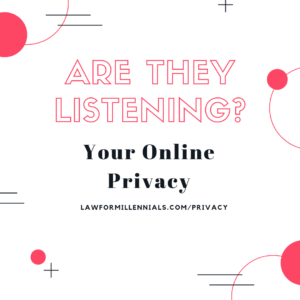
Have you ever had a casual conversation about a product you swear you never googled before, only chatted about it to a friend over brunch, to then see an ad for the same thing later that day?
You are not alone. And it is not a coincidence.
In order to explain this phenomenon let’s look at some “privacy policies.”
Okay spoiler alert. The reality is that there is no privacy.
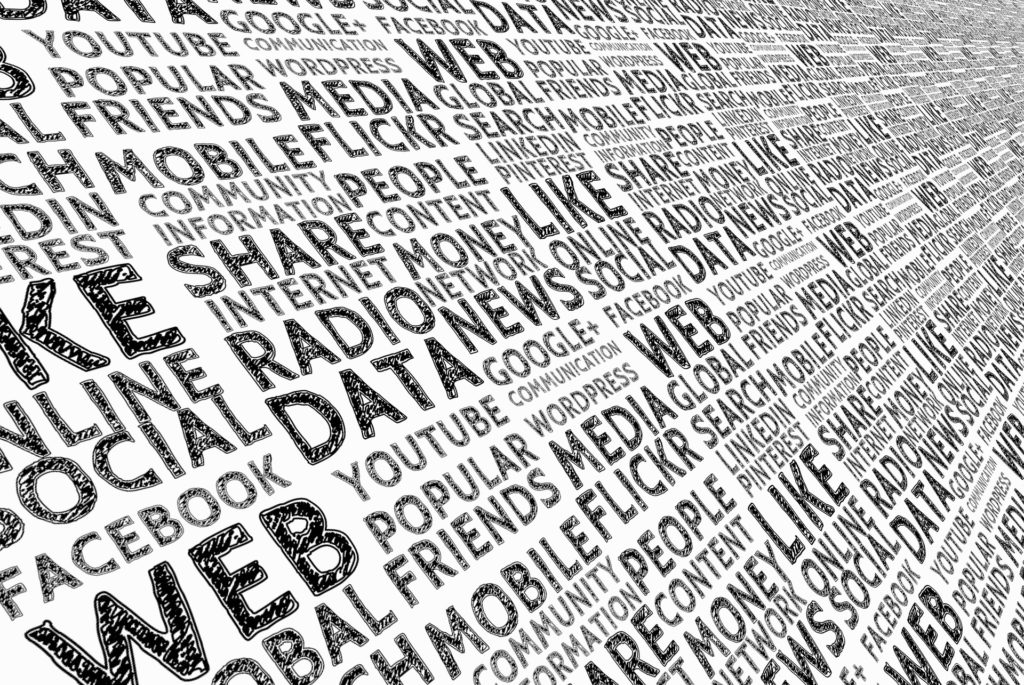
Facebook, for example, is collecting a disgusting amount of data on you. They can access really any information such as if you’re phone is about to die or your nearest cell tower. The craziest part is that you don’t even need a Facebook account for Facebook to collect your information – Facebook has “partners” who feed them information.
“To provide these services, we must collect and use your personal data.” – Direct quote. Facebook Services.
What is this data used for? If you don’t believe it’s for “research and to innovate for social good” then would you believe it’s used for ads, personalized experiences and other nifty things like facial recognition? This is just a small list of the things your data is used for.
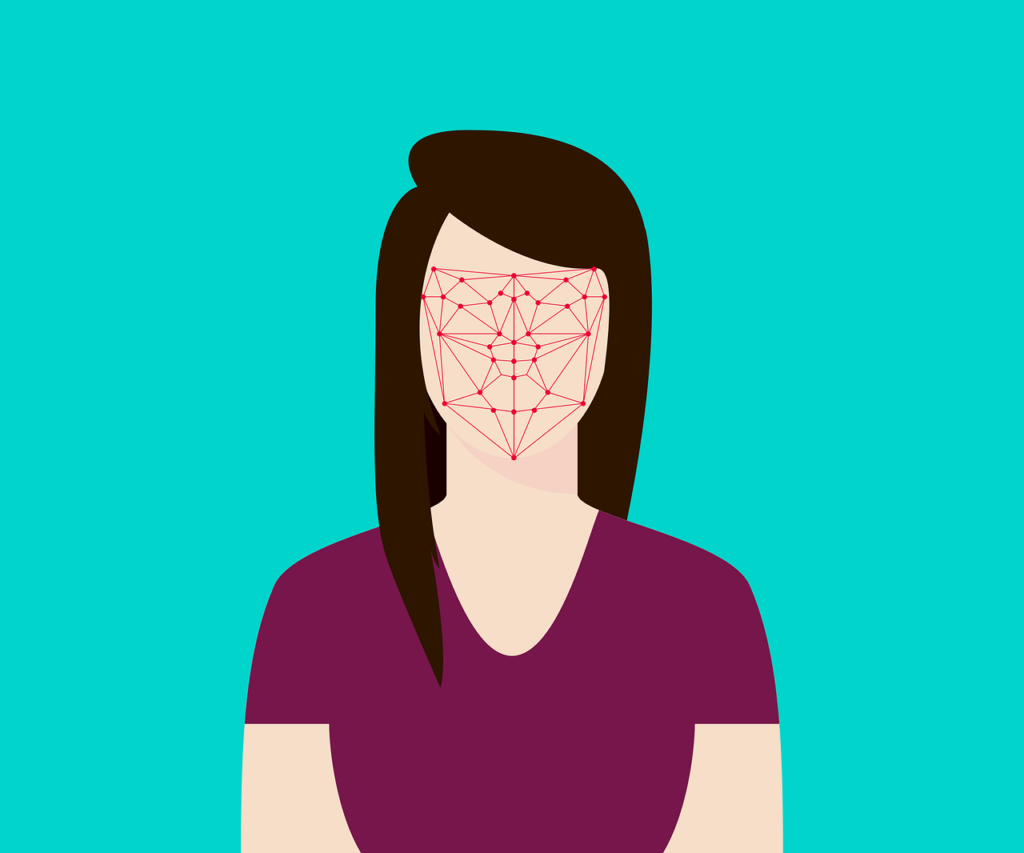
All of this, and more, is written in Facebook’s privacy policy (just skimming it was scary enough).
What’s a cookie?
I can’t tell you how many times I have had to accept the use of cookies on my browser. Sounds delicious. I imagine some type of bread crumb trail like Hansel and Gretel? But what does it mean?

A cookie is a little nugget of information. Visit a site and the website sends the cookie to your computer. Your computer stores it in your web browser (in a file called “Cookies”). When you go to another page, your browser sends the cookie back.
So yes – websites are collecting data about you.
And just like there are chocolate chip and oatmeal raisin cookies, there are different data cookies to track your activity– session cookies are only used when you’re on a site, tracking cookies are used to create a long-term record of your multiple visits and authentication cookies track who is logged in (so you can stay logged in).
Is a Cookie bad?

It’s the authentication cookie that might not taste right – because this cookie’s security depends on the website you visited. Non-secure and its vulnerable to be hacked – ie. Hacker uses your cookie (which has your email and password) to access your profile.
Remember that whole accepting the use of cookies? That’s the tracking cookie you’re agreeing to – it’s the one that compiles a long-term record of your browsing history. In 2011, European and US lawmakers required informed consent from users to agree
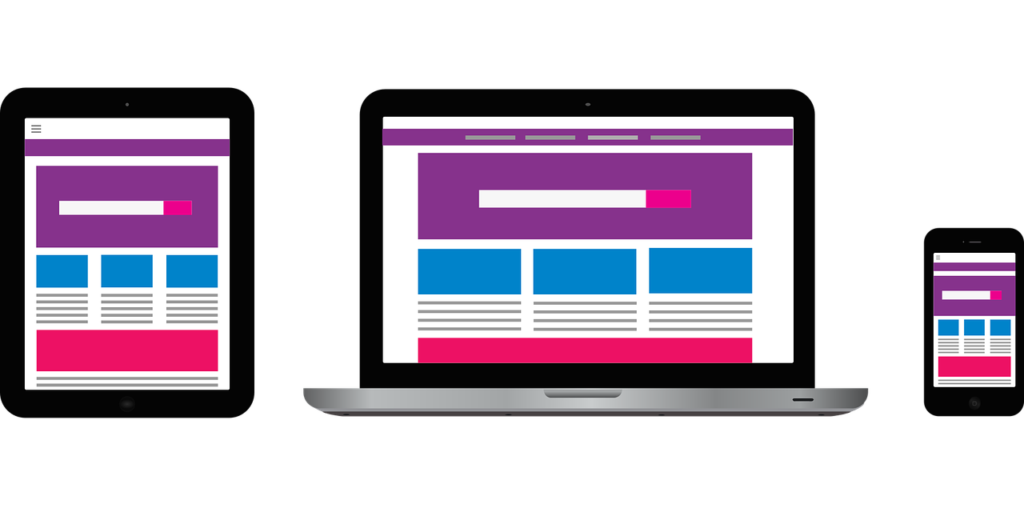
So the bad news about cookies is they present a privacy issue.
But only the website that makes the cookie can read it. So the information you give up stays on that site.
The good news is that they can’t give you a virus – this is because the data in the cookie doesn’t change and doesn’t affect how your computer runs.
So – why do I care? I have nothing to hide!
I found a great quote from an article in Medium that sums this up:
“Don’t confuse privacy with secrecy. I know what you do in the bathroom, but you still close the door. That’s because you want privacy, not secrecy.”
The practical reasons detailed in this article is that information in the wrong hands becomes dangerous, you can’t predict the future, your private life out of context becomes a weapon and your information has value.
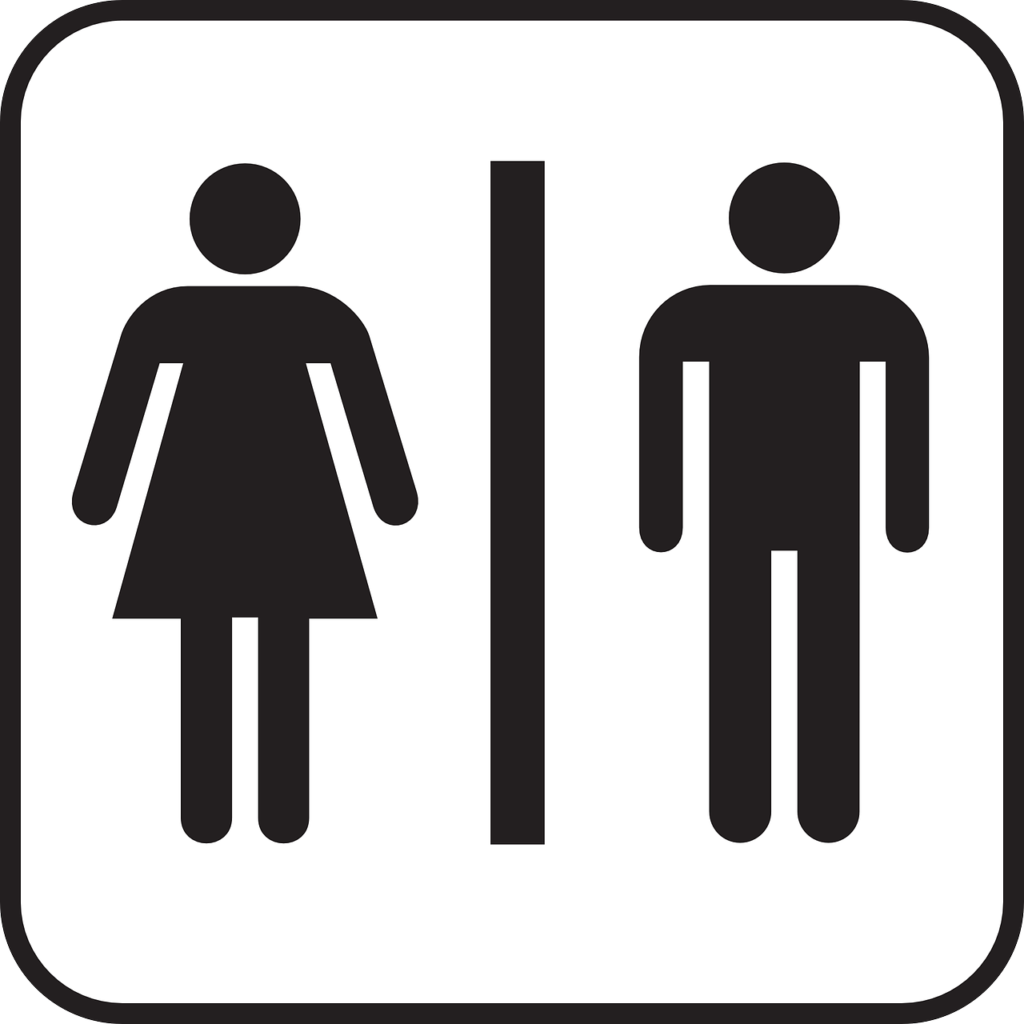
Your privacy is a right.
How to keep my privacy?
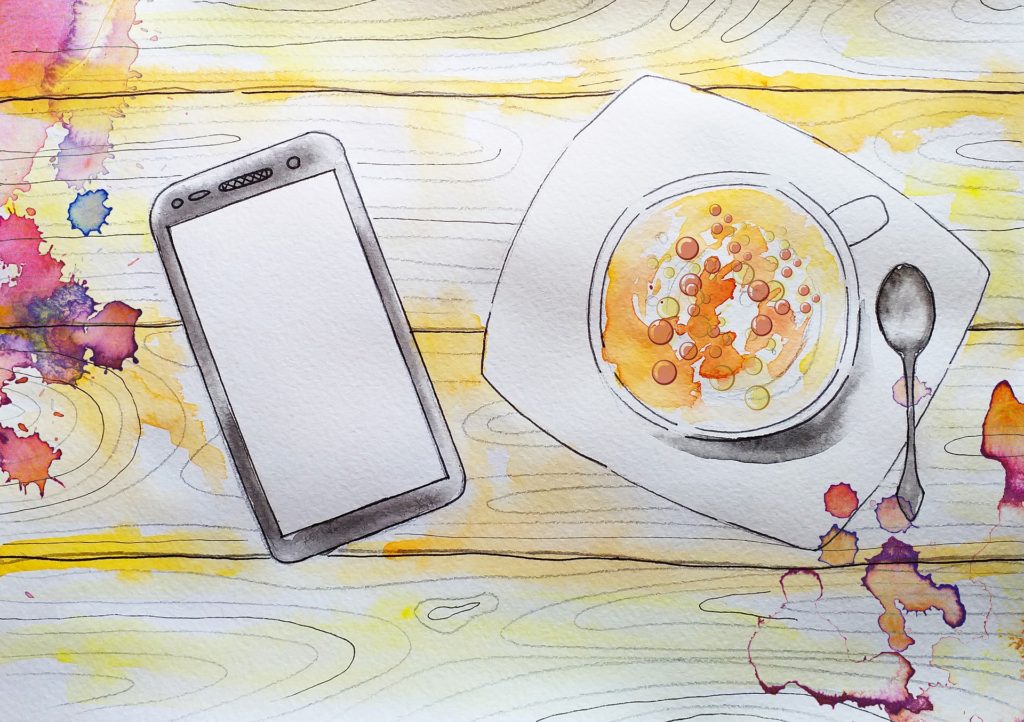
Ok so these may seem obvious but sometimes the simplest things will do the trick:
- Clear your browsing history – this will clear your cookies.
- Don’t use the same password for everything – and change it often (so if a hacker got your authentication cookie info, they won’t have access to everything, forever)
- Limit future and past Facebook posts
- Use privacy settings – turn off your location and don’t reveal personal info
- Use the incognito browser
So – are they listening?

Remember that Facebook scandal about privacy issues? Cambridge Analytica whistleblower Christopher Wylie said in a commons committee interview that it’s possible the Facebook app is recording background noise for advertising.
Companies may be recording background audio to see what environment you’re in – think quiet living room vs. workplace – so ads can be tailored to these environments.

Just FYI – the Cambridge Analytica data scandal came about in 2018 when it was discovered that personal data from millions of Facebook profiles was used without their consent by various political organizations to influence public opinions about important votes like Brexit and the Trump campaign.
Moral of the Story?
Data is powerful. Most millennials don’t really think about their data and privacy – and what choice do have? Disconnect from the world and live under a rock?
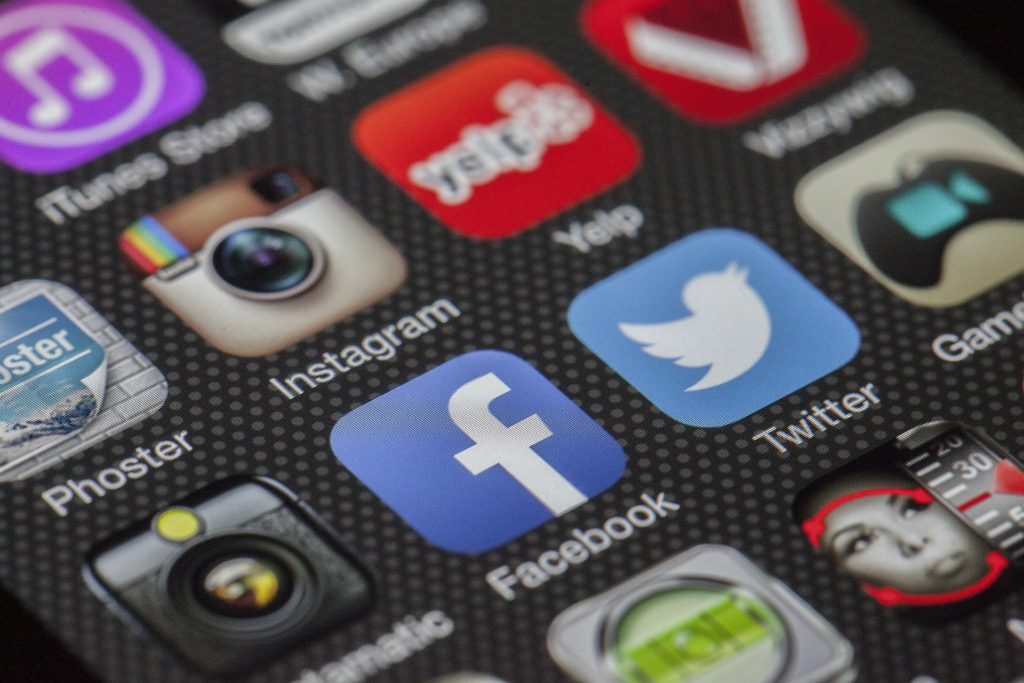
While we may not have much choice over how our data is being used – knowledge is the first step.
We can to click “no” to cookie collection, we can turn our phones off (I know – scary thought – but it can be done) and we can maximize our privacy settings.
Now that we know they are listening – does it change what we say?
